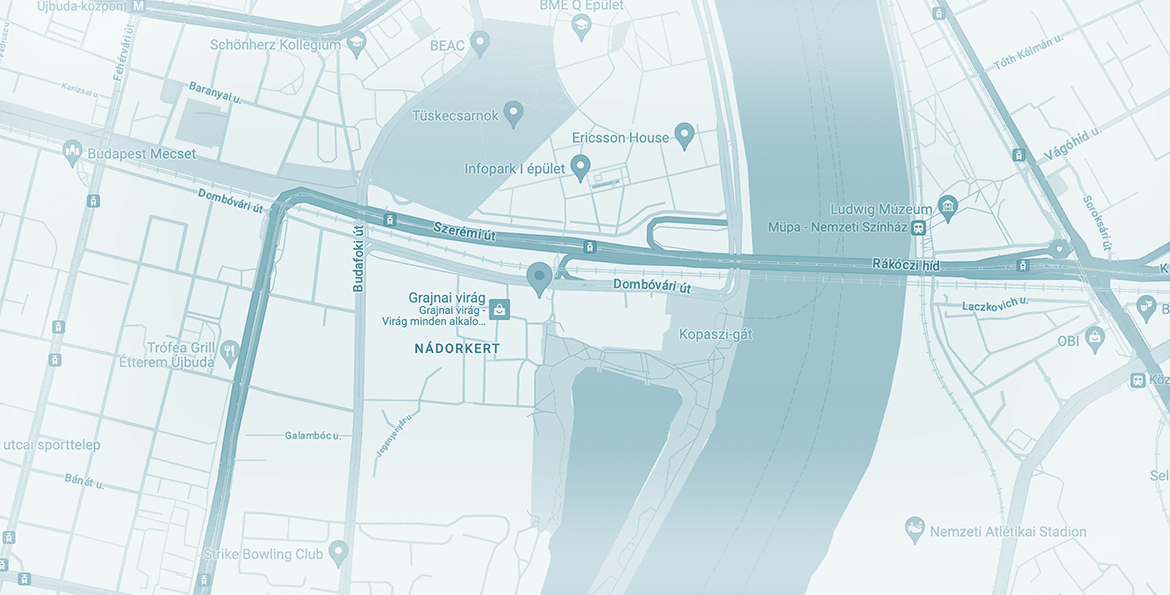
The National Tourism Data Supply Centre in Hungary goes to full throttle
The National Tourism Data Supply Centre was designed to collect real time data and offer up-to-date statistics of the hospitality sector in Hungary. Registration has been mandatory since 1 November 2021, and online data supply must begin on 1 July 2023. Read on for an overview.
The National Tourism Data Supply Centre was designed to collect real time data and offer up-to-date statistics of the hospitality sector in Hungary. Registration has been mandatory since 1 November 2021, and online data supply must begin on 1 July 2023. Read on for an overview.
Last updated on 30 June 2023.
NTDSC to collect data from the hospitality sector
The National Tourism Data Supply Centre (NTDSC for short, or NTAK in Hungarian) collects data from various types of providers in the hospitality sector, such as:
- Accommodation: hotels, hostels, and short-term rentals (but not long-term rentals)
- Catering: restaurants, diners, cafés, etc.
- Attraction: every tourist attraction where there is an entrance fee, including museums, zoos, theme parks, adventure parks, sightseeing boats and buses, etc.
Data is normally supplied through the providers’ own booking and data management systems, on a daily basis. This assumes that providers already use such systems – which the developers were supposed to make compatible with NTDSC (click here for a list of compatible software). Providers who have not been using such systems may decide if they want to start using commercial software now, or use the free software developed by the government.
Statistical data to support planning
The data collected are anonymous, and they include information about the services provided, such as prices or the time of arrival and departure of guests – details depend on the type of service. For example, in accommodation, the nationality and the year of birth of the guests is included (where the host must ask for these pieces of data anyway), while in catering, the focus is on the types of meals served.
The data provided through the NTDSC is publicly available. Such statistics may be used for better operational planning, e.g. pricing, labor demand, or marketing activities. As a result, data collection about the hospitality sector is expected to make Hungary more competitive. While individual users will have better insight on their region and their competitors, policy makers will have a better understanding of what kind of developments are more promising.
Registration and data provision
Registration in the NTDSC is mandatory since 1 November 2021. The procedure is different based on the type of the data provider (whether it is a company, a freelancer, a natural person with a business tax number, or another organization), but in each case you must first provide data about the provider, then about the places of operation, then about the service types at each place of operation. Once registered, you will get a separate ID for the NTDSC, with which you will be able to connect your data management system with the NTDSC.
To test the system, volunteers could start providing data since last March. The system is supposed to go full throttle as of 1 July 2023, when all hospitality providers are supposed to start submitting their data.
UPDATE: In line with the suggestion of the Hungarian Tourism Agency, providers with a yearly revenue below HUF 100 million in 2022 (ca. EUR 265,000 in 2023) should be exempt until the end of 2023.
It is also suggested that catering providers and attractions with a yearly revenue below HUF 12 million (ca. EUR 32,000 in 2023) should be exempt indefinitely. It remains to be seen whether this latter proposal is approved too.
Need an ally? We are here
Compliance is taken very seriously in Hungary, especially when it comes to reporting and taxes. While creating reliable statistics for the hospitality sector may increase competitiveness, the introduction of the NTDSC does impose new burdens on the back office of any business, especially if it has not been using a modern data management system up till now. It is times like this when having a partner like Helpers Finance is essential, so you can always have up-to-date information about your finances, which in turn will let you better allocate your resources.
Was this article useful? Follow us on Facebook and never miss an update.
Contact
Get in touch today
Monday - Friday
9am - 5pm CET
Helpers Finance Kft.
Budapart Gate
Dombóvári út 27
Budapest 1117, Hungary
If you’re visiting us, please use entrance A and come to the 2nd floor.



